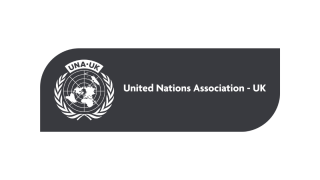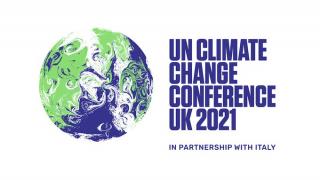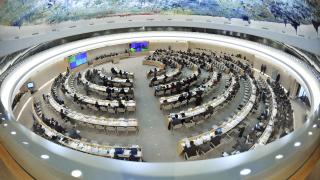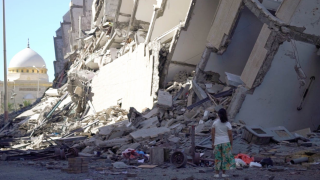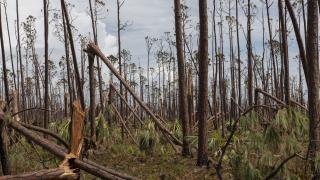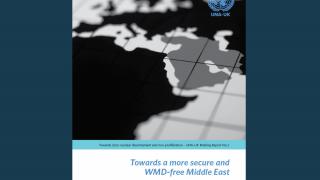
8 May 2012
UNA-UK's second Towards Zero briefing report, written by Mark Fitzpatrick, examines the prospects for the establishment of a Middle East zone free from weapons of mass destruction.
Although it is still a distant dream, the rationale for creating a Middle East zone free of nuclear weapons and all other weapons of mass destruction has never been stronger. If established and faithfully implemented – two big 'ifs' indeed – a Zone banning all nuclear, chemical and biological weapons and ballistic missiles would be an answer to the Iranian nuclear crisis; remove the sense of double standards over Israel's nuclear programme; address the threat posed by chemical weapons programmes in Syria and elsewhere; and mitigate one of the dangers associated with introducing nuclear energy in the region. It would also represent the next stage in an expanding network of nuclear-weapon-free zones that now encompasses all land areas in the Southern Hemisphere.
In many ways, however, the goal of abolishing nuclear weapons in the Middle East seems as distant now as it did 35 years ago, when the Zone was first proposed. While every such Zone requires complicated issues to be addressed, three factors multiply the complexity of these challenges in the Middle East: the history of conflict and tension in the region, the asymmetry of nuclear capabilities, and the absence of inclusive regional institutions.
These obstacles notwithstanding, the international community has undertaken a renewed effort to promote the Zone. A key outcome of the 2010 NPT Review Conference was an agreement to hold a conference on this issue in 2012. This report explores how that conference can make progress towards a nuclear-free Middle East.
About the author
Mark Fitzpatrick is Director of the Non-Proliferation and Disarmament Programme at the International Institute for Strategic Studies (IISS) in London.

